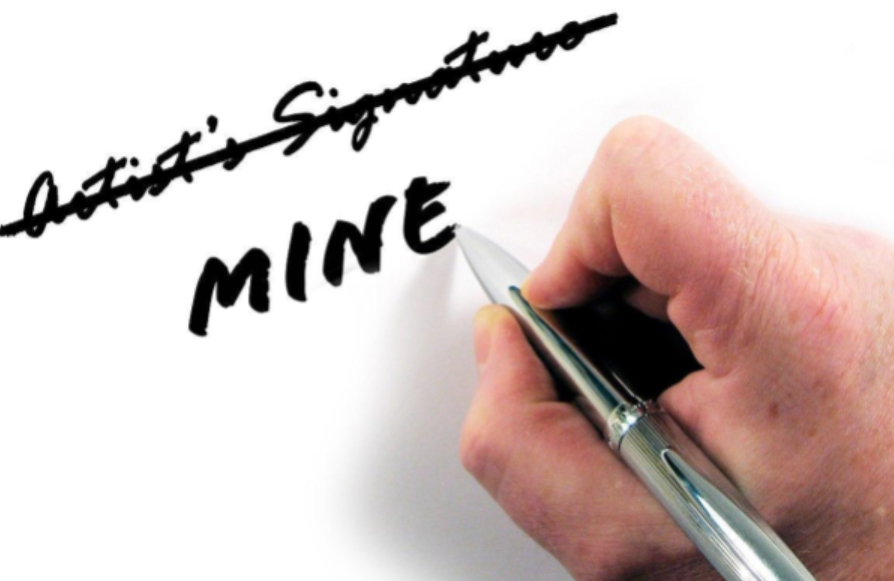This is a sponsored guest post.
You don’t plagiarize unless….
No, let me stop you right there. You just don’t plagiarize.

Plagiarism can have awful consequences; these consequences can be legal, professional, and even personal, sometimes. And on top of that, do you really want to be remembered as ‘that one who plagiarized someone else’s work?’
I’m sure you don’t. But for a clearer incentive, let me give you a more thorough list of how plagiarizing could affect you and your future career. Right now, it might seem like a great idea, but in the future, you’ll do nothing but suffer.
Here are the most common consequences of plagiarism in education – and how to avoid them.
Plagiarism will destroy your reputation
Plagiarism is in itself a form of theft, which makes you look like a real thief, especially as a student. You could see how easy it would be for your college or academic institution to suspend or even expel you. Plagiarism does not respect the honor code, a golden rule found within any decent university.
When you plagiarize, your academic record has to suffer. Your college felony will be registered into the system and your work will be banned. You might not even be able to go to college or pursue a Master’s degree, let alone get a PhD. Academic institutions take plagiarism very seriously, which is why you should never try to disobey this rule. Your integrity (or lack of integrity for that matter) will follow you everywhere, so don’t ruin it for no reason. It will follow you everywhere.
Plagiarism can kill any future career opportunity
Not only will your education suffer but so will your career. You are basically killing any chances you might have in the future by copying someone else’s work. What if you decide to be a politician or a doctor one day? How about a public figure or a businessman? How do you think the public would react to your lack of honor?
You really cannot predict the future, so making sure that your work stays clean is crucial. Depending on the level of offense you’ve committed, you could even go to prison (maybe this is a bit of an exaggeration but it’s definitely a possibility if you end up going to trial). Your name will be ruined by the time you finish your studies. This is why you must keep all of your work plagiarism free.
Your academic reputation as a student will be ruined by plagiarism
Plagiarism is noticed quickly, believe me or not. A professor can definitely tell whether his/her students have been copying someone else’s work. Most of them use a plagiarism checker for that, such as the StudyClerk free plagiarism checker to get you. You might not know this as a student, but professors are highly prepared, especially when it comes to checking on their students. They know that academic progress is achieved by hard work. They cannot allow students to cheat on their papers or essays. As a student, you should be aware of this, and not even try tricking them. They are older, wiser, and more experienced. They know when something is off. And plagiarism free work is easy to spot.
There are serious legal repercussions to it
Copyright laws are a thing! You cannot just go ahead and copy anyone’s projects like they don’t mean anything. To avoid that, you could use citations or references. In the end, it’s normal to get inspired by others. That’s why authors’ works are public, in the end. They want to share their knowledge with the world; so, stealing from them is not only wrong but it is also immoral. Writers are aware of these copyright laws and they can easily sue. Do you really want to lose a – possible – multimillion trial?
Plagiarized research is still plagiarism
Copying someone else’s research is wrong, immoral, and awful. It is really unfair to the author and can get you in real trouble. We’re talking about people’s lives and the effort they put into the work they’ve accomplished. You copying it means you really don’t care about their efforts and do not respect their work.
Wrapping Up
Make sure you find out what plagiarism constitutes before starting to write your paper. At the same time, ensure that your work stays original by using citations and references. Don’t be rude and mindless, especially with people who worked hard to provide heavy articles for the academic community. Make sure you stay on top of your work and ask for help if you really need it, but don’t cross the plagiarism line. Good luck!
Author bio:
Vendy Adams is a plagiarism guru, helping students keep their academic works original. He is a freelancer and a copywriter. When not at work, you could find him behind a book or ordering sushi.



